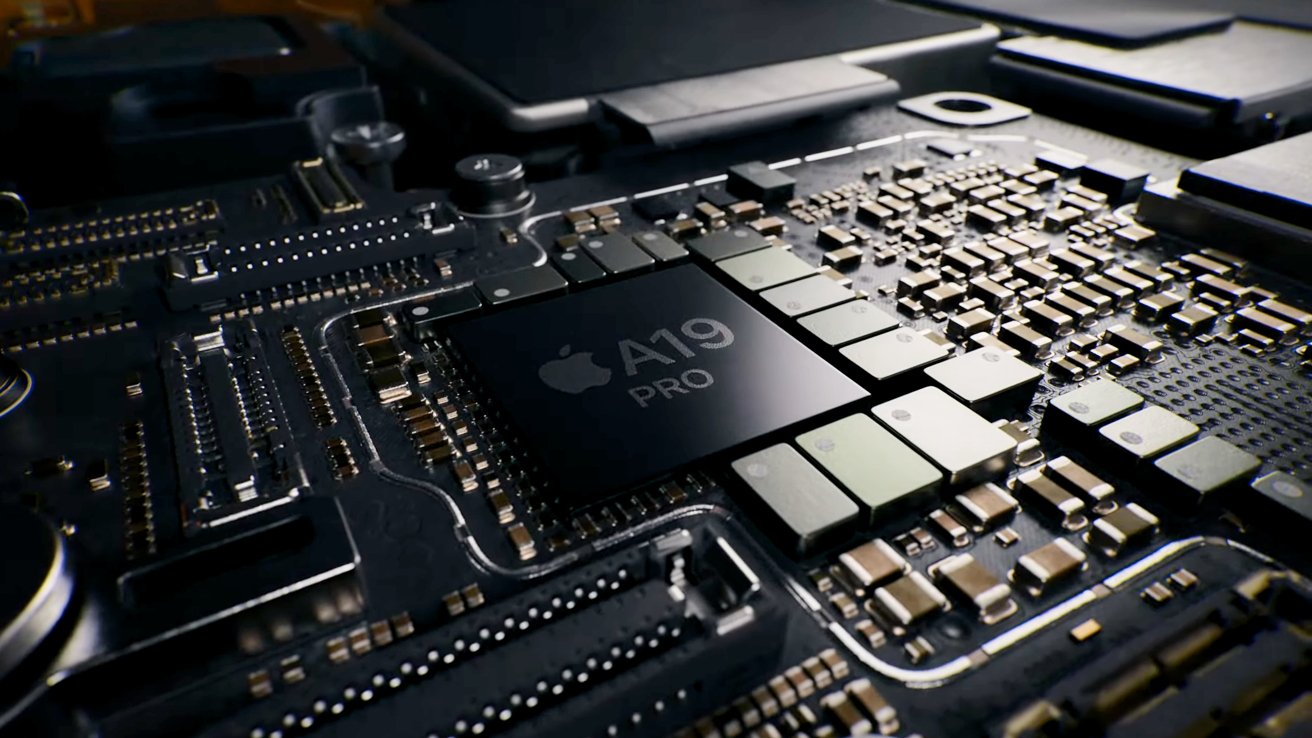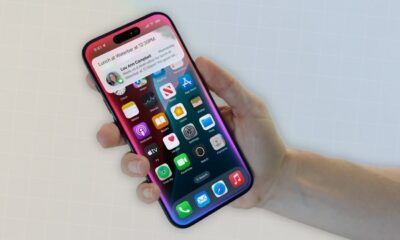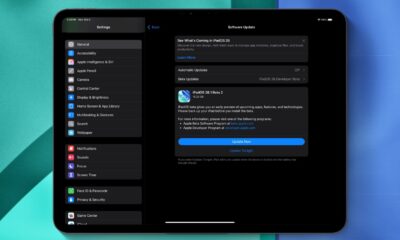Technology
Apple Leverages In-House Chips for AI Growth in iPhone 17

Apple’s strategic move to design its own chips has significantly enhanced its control over the capabilities of the new iPhone 17 lineup. This development not only positions the company more favorably within the competitive smartphone market but also aligns with its aspirations in artificial intelligence (AI).
During an interview with CNBC, which aired on October 22, 2023, Apple’s Vice President of Platform Architecture, Tim Millet, along with Arun Mathias, Vice President of Wireless Software Technologies and Ecosystems, elaborated on the advancements brought about by the latest chip technology in the iPhone 17. Their insights highlight how Apple plans to integrate its own hardware to bolster its AI initiatives under the banner of Apple Intelligence.
Enhancing AI Capabilities
While Apple holds a prominent position in the smartphone sector, its AI strategy has faced criticism for not meeting expectations. The company’s reliance on third-party chips previously limited its ability to innovate and fully realize its AI potential. With the introduction of the iPhone 17, Apple’s in-house chips are set to change that landscape dramatically.
The focus on proprietary chip technology enables Apple to optimize performance and enhance user experience, particularly in machine learning and AI applications. This shift is crucial as demand for AI-driven features continues to surge among consumers. The integration of these advanced chips allows for more efficient processing, which is essential for delivering seamless AI functionalities in real time.
The iPhone 17’s capabilities include improved computational photography, voice recognition, and personalized user experiences, all heavily reliant on AI. These enhancements signal a robust commitment from Apple to not only compete but lead in the AI space as it refines its technology and offerings.
Future Prospects
Apple’s in-house chip development is expected to yield significant benefits in the long term. By controlling the entire hardware and software ecosystem, the company can ensure that its devices are equipped to handle future AI advancements. This strategy could pave the way for innovations that elevate user engagement and satisfaction.
As the company continues to roll out updates and new features, attention will be on how effectively these chips can support the evolving demands of consumers. Experts are watching closely to see if Apple’s enhancements will resonate in a market that increasingly values robust AI capabilities.
In summary, Apple’s embrace of in-house chip technology not only strengthens its position in the smartphone market but also lays a solid foundation for future AI growth. With the iPhone 17, the company is poised to make significant strides in integrating powerful AI features, ultimately reshaping the user experience.
-

 World3 months ago
World3 months agoScientists Unearth Ancient Antarctic Ice to Unlock Climate Secrets
-

 Entertainment3 months ago
Entertainment3 months agoTrump and McCormick to Announce $70 Billion Energy Investments
-

 Science3 months ago
Science3 months agoFour Astronauts Return to Earth After International Space Station Mission
-

 Lifestyle3 months ago
Lifestyle3 months agoTransLink Launches Food Truck Program to Boost Revenue in Vancouver
-

 Technology2 months ago
Technology2 months agoApple Notes Enhances Functionality with Markdown Support in macOS 26
-

 Top Stories1 week ago
Top Stories1 week agoUrgent Update: Fatal Crash on Highway 99 Claims Life of Pitt Meadows Man
-

 Sports3 months ago
Sports3 months agoSearch Underway for Missing Hunter Amid Hokkaido Bear Emergency
-

 Politics2 months ago
Politics2 months agoUkrainian Tennis Star Elina Svitolina Faces Death Threats Online
-

 Technology3 months ago
Technology3 months agoFrosthaven Launches Early Access on July 31, 2025
-

 Politics3 months ago
Politics3 months agoCarney Engages First Nations Leaders at Development Law Summit
-

 Entertainment3 months ago
Entertainment3 months agoCalgary Theatre Troupe Revives Magic at Winnipeg Fringe Festival
-

 Politics1 week ago
Politics1 week agoShutdown Reflects Democratic Struggles Amid Economic Concerns





















